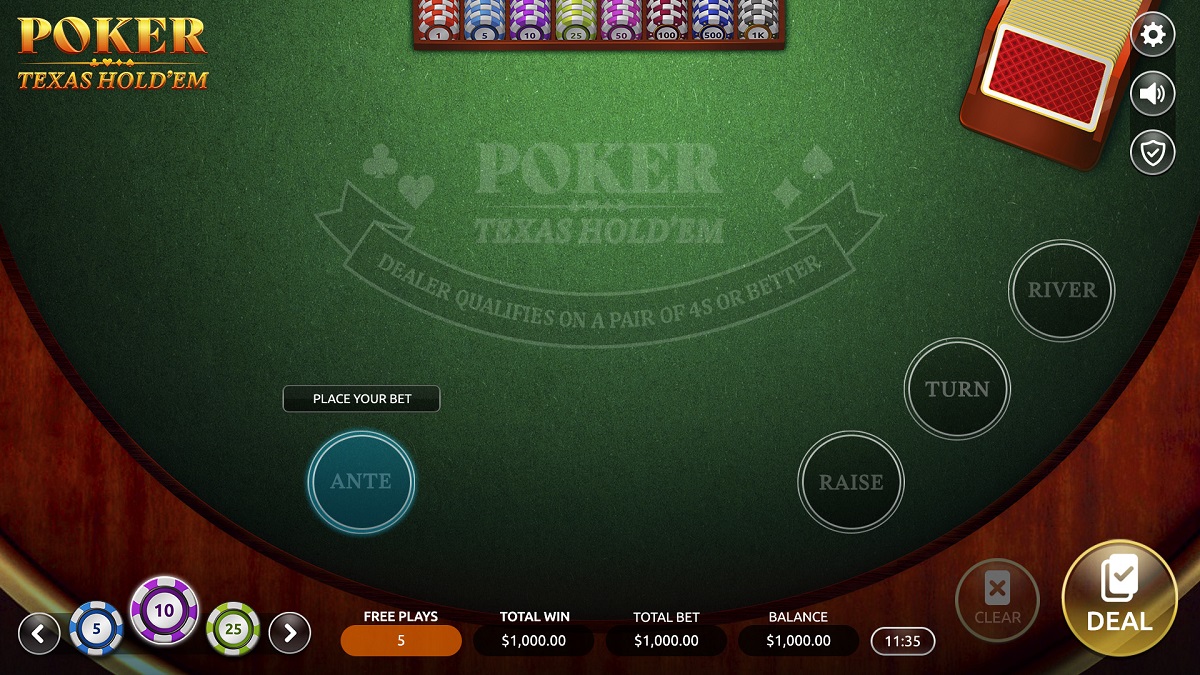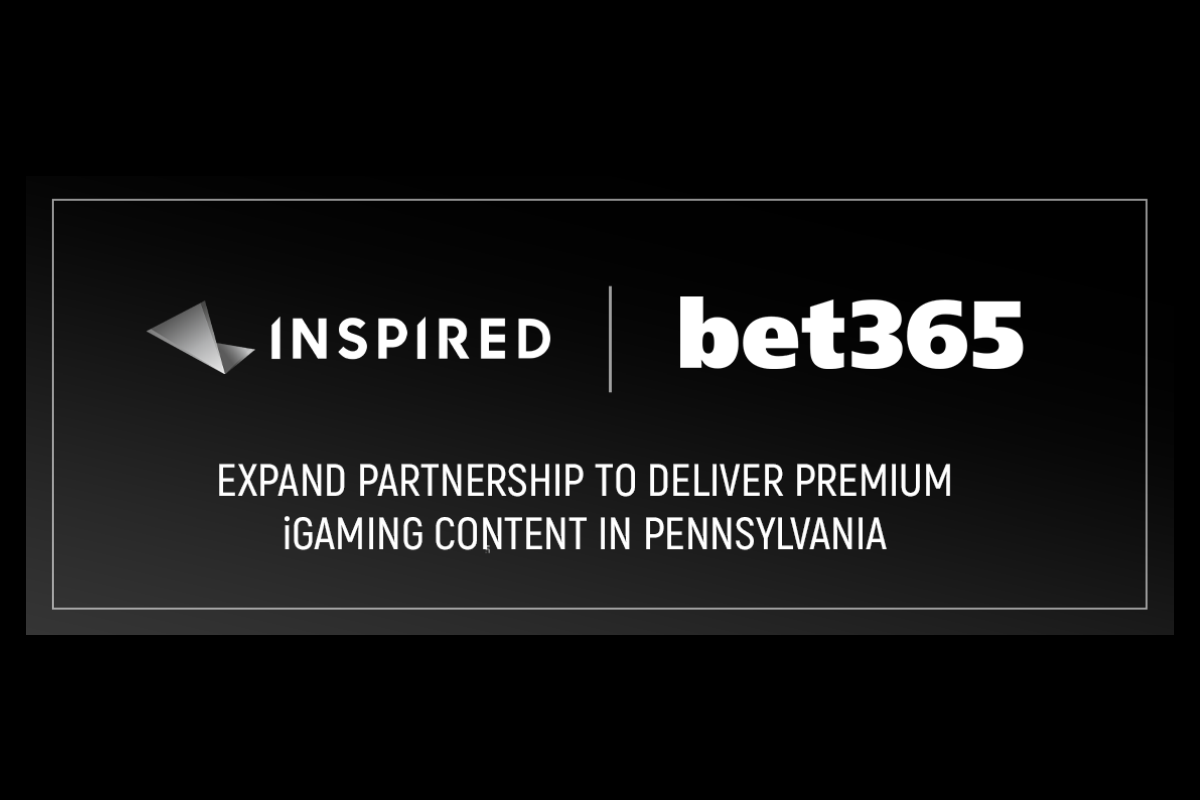
NGCB Issues Cease and Desist to Producer of Live Gaming Content in Las Vegas
The Nevada Gaming Control Board (NGCB) issued a cease and desist demanding that Playgon Interactive Inc. (Playgon) and its affiliate, Bitrate Productions (Bitrate), cease production of live dealer content from a studio located in Las Vegas, NV. The demand, signed by NGCB Chairman Kirk Hendrick, alleges that Bitrate is using live dealers in Las Vegas to deal games such as baccarat and roulette, and broadcasts the content to online casinos located around the world. The NGCB advised Playgon that Bitrate’s activity requires appropriate licensing, which Bitrate does not possess, from the Nevada Gaming Commission (NGC). The NGCB also advised Playgon that the company’s outside legal counsel, on two separate occasions in 2016, represented on behalf of the company that Bitrate’s activity would not require NGC licensing because the content would be used for entertainment purposes only. At some point, however, Bitrate’s activities went beyond social gaming.
The cease and desist states that Nevada law empowers the NGCB to “investigate for the purpose of prosecution, any suspected criminal violation” of the Nevada Gaming Control Act.
Chairman Hendrick added that, “The NGCB will take all necessary actions to enforce Nevada’s gaming laws and regulations.”










